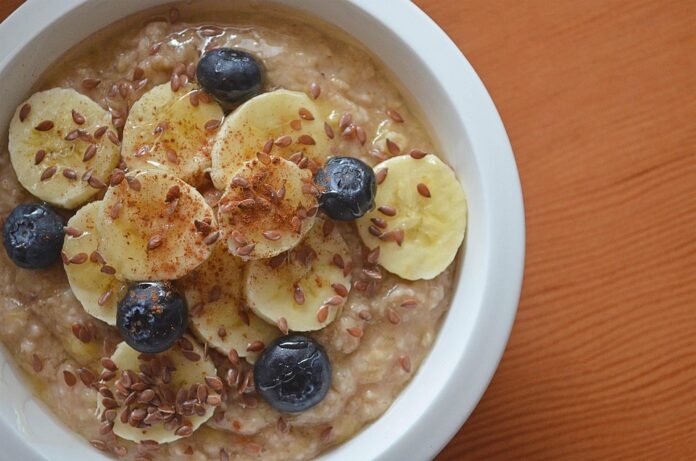The Evolution of Muesli as a Global Health-Focused Breakfast Option
Introduction
Muesli, a popular breakfast option made from rolled oats, nuts, seeds, and dried fruits, has evolved over the years to become a global health-focused choice for consumers. This report will delve into the history of muesli, its transformation into a healthy breakfast option, the key players in the muesli industry, and the financial aspects of this growing market.
History of Muesli
Muesli was created in the early 20th century by Swiss physician Maximilian Bircher-Brenner. He developed the recipe as a healthy meal for his patients, who were recovering from illness. The original muesli consisted of oats, grated apples, nuts, and lemon juice. It was served raw, soaked in water or milk, and became known as “Bircher muesli.”
Transformation into a Healthy Breakfast Option
In the 1960s, muesli gained popularity outside of Switzerland, particularly in Europe and North America. As consumers became more health-conscious, muesli was positioned as a nutritious breakfast option due to its high fiber content, vitamins, and minerals. Manufacturers began adding various ingredients such as seeds, dried fruits, and honey to enhance the taste and nutritional value of muesli.
Key Players in the Muesli Industry
Today, the muesli market is dominated by several key players, including Kellogg’s, Nestle, Bob’s Red Mill, and Seven Sundays. Kellogg’s, a multinational food company, offers a variety of muesli products under its Special K brand. Nestle, another major player in the industry, has its own line of muesli cereals under the Fitness brand. Bob’s Red Mill and Seven Sundays are known for their organic and gluten-free muesli options, catering to health-conscious consumers.
Financial Aspects of the Muesli Market
The global muesli market is projected to reach a value of $1.5 billion by 2025, growing at a CAGR of 6.2% from 2020 to 2025. The increasing demand for healthy and convenient breakfast options, coupled with the rising awareness of the health benefits of muesli, is driving market growth. In terms of volume, the muesli market is expected to reach 1.2 million tons by 2025, with Europe and North America being the largest consumers of muesli products.
Industry Insights
Consumer preferences for healthier breakfast options, the growing popularity of plant-based diets, and the rise of online retail channels are some of the key factors shaping the muesli industry. Manufacturers are focusing on product innovation, including organic, gluten-free, and sugar-free muesli varieties, to cater to different dietary preferences. Additionally, partnerships with health and wellness influencers, as well as endorsements from nutritionists, are helping to promote muesli as a nutritious and convenient breakfast choice.
In conclusion, muesli has evolved from a simple Swiss dish to a global health-focused breakfast option, appealing to consumers who prioritize nutrition and convenience. With the market expected to continue growing in the coming years, muesli manufacturers have the opportunity to innovate and expand their product offerings to meet the diverse needs of consumers worldwide.




